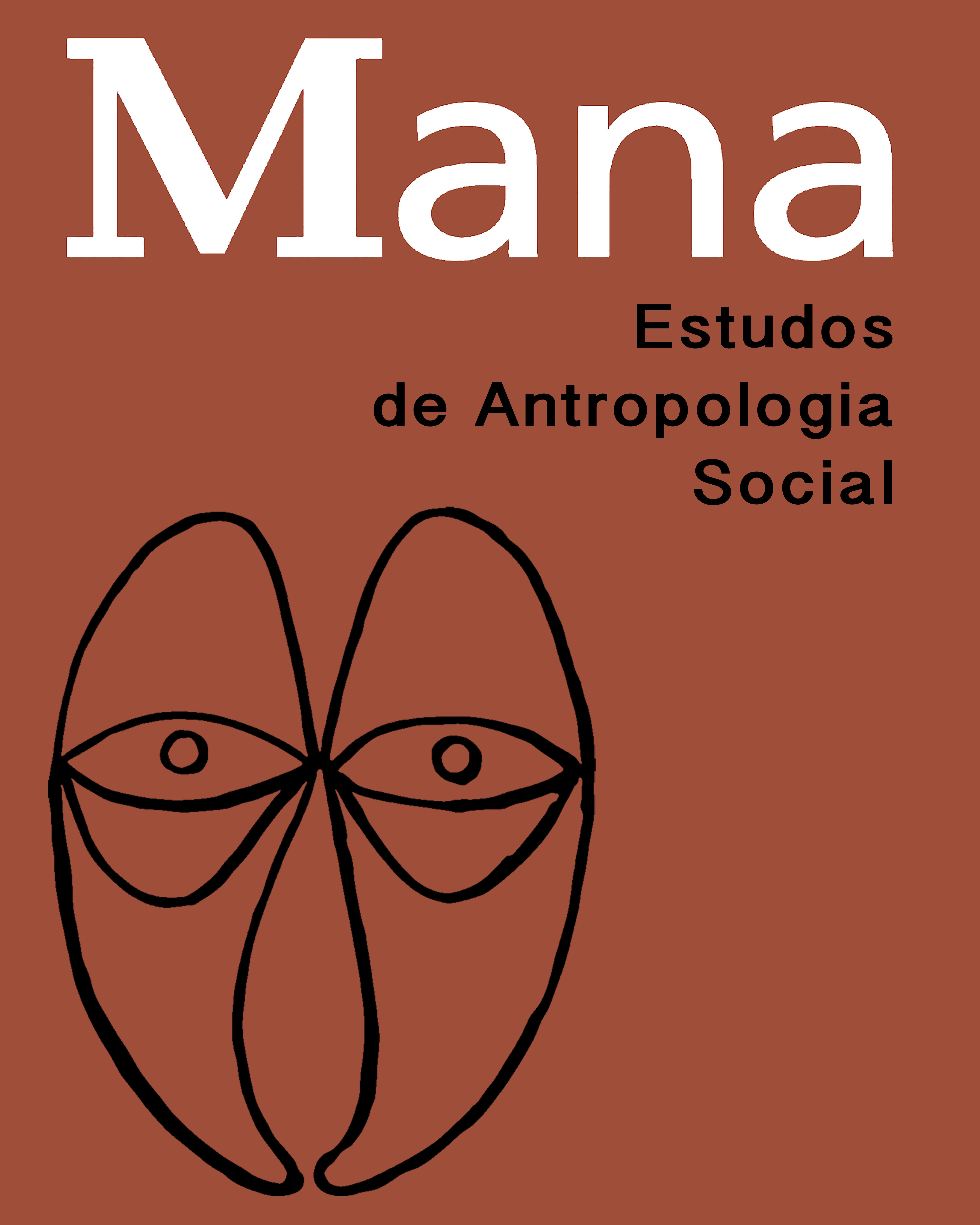During the dictorial regime that followed the 1964 military coup in Brazil, resistence actions basically developed in the cities. In the testimony of the old activists of the time, clandestine politics are correctly associated with metaphors of "an exile within the city", and feelings of social isolation. But in spite of the strong repressive context, can we not see in militant sociability some form of "public life"? The present research, based upon interviews with 50 ex-militants, proposes to discuss this question. The narratives that we have brought together here show that in spite of the permanent movement of destruction of the public arenas by authoritatianism, the adaptive behaviors of underground militants and the people who interacted with them resulted in the frequent constitution of "operational consensuses" regarding interactive situations. These consensuses were based upon the adroit management of both political and cultural distance.
Clandestine; Dictatorship; Micro-sociology; City; Activism
